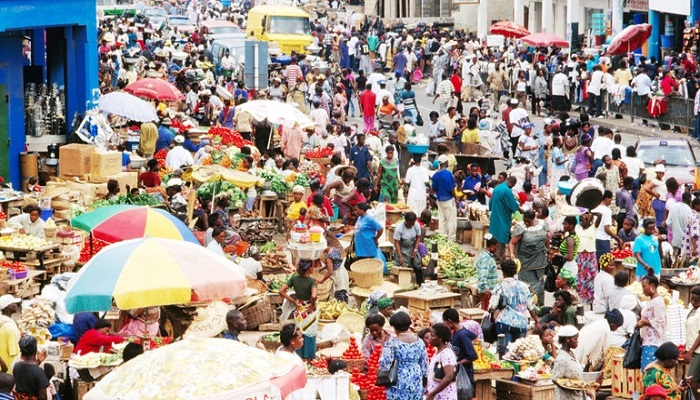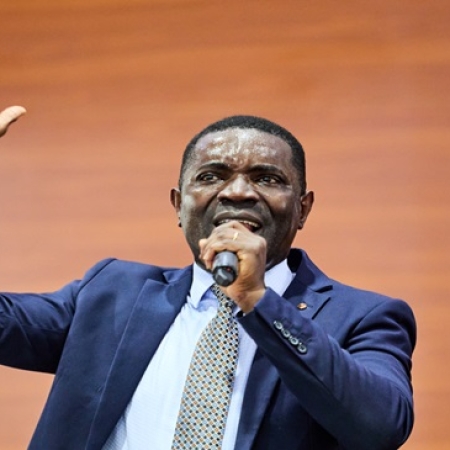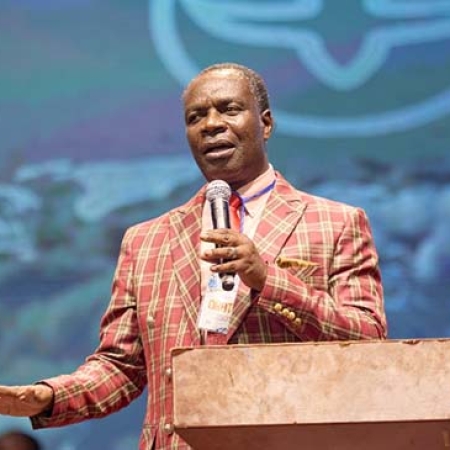A new report released by the World Bank shows that 7,310,000 people in Ghana do not have any form of financial account.
This means that more than 7 million Ghanaians do not have either a mobile money account or bank account to electronically receive and transfer money.
According to the report titled “Gains in Financial Inclusion, Gains for a Sustainable World,” this number of people may not be significantly contributing to the economy since financial inclusion is an important factor in economic development.
The effect it pointed out is that such people are mostly excluded from benefits of financial inclusion such as receiving and transferring money easily, getting an insurance, starting and expanding businesses, investing in education or health, managing risk, and weather financial shocks.
It explained that financial inclusion translates into many other potential development benefits—especially from the use of digital financial services, including mobile money services, payment cards, and other financial technology applications.
Overall, the research showed that 1.7 billion people across the world did not have financial account.
Excerpts of the report
Financial inclusion has emerged as a critical development challenge and is a hot topic among policymakers, development practitioners and the private sector. In fact, the foundation of financial inclusion is woven into seven of the 17 Sustainable Development Goals.
In 2011 the World Bank Group launched Global Findex, a database which tracks financial inclusion efforts around the world. Its third edition was just released in April 2018.
At the same time, as part of its efforts to improve the financial sector stability, develop a thriving private sector and create jobs, the World Bank Group realized that too many people did not have access to a financial account, which would help them participate in the economy.
The 2011 Findex data showed that 2.5 billion adults were ‘unbanked’ and the 2011 IFC MSME Finance Gap database showed that over 200 million micro to medium enterprises in developing economies lacked access to affordable financial services and credit.
That’s why in 2013, the World Bank Group announced a global vision for financial access and launched Universal Financial Access by 2020 (UFA2020) to enable adults worldwide to gain access to a transaction account. Since then, more than 30 partners across the financial sector have signed on to help reach this goal.
A lot of progress has been made over the past few years toward extending financial access and the number of unbanked adults has fallen to 1.7 billion, according to the latest Findex data.
The number of unbanked people continues to fall, even when accounting for population growth.
Source: Citibusinessnews.com














